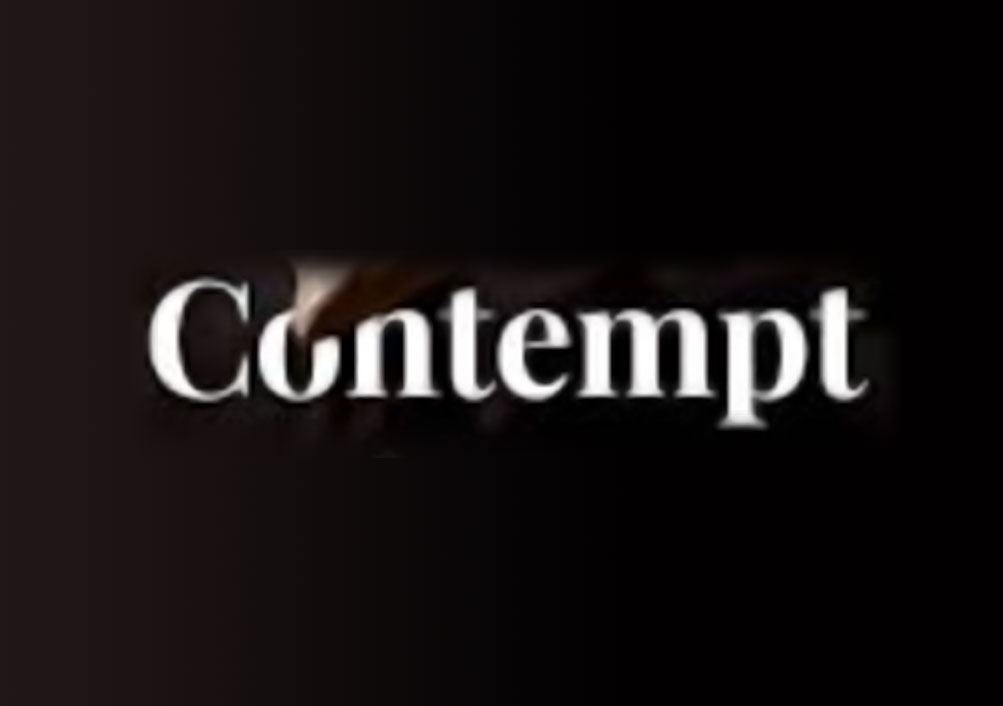Vicarious liability as principle cannot be applied to case of contempt, says Apex Court

Read Judgment: Dr. U.n. Bora, Ex. Chief Executive Officer & Ors. vs. Assam Roller Flour Mills Association & Anr.
Pankaj Bajpai
New Delhi, October 27, 2021: The Supreme Court has recently observed that while dealing with a contempt petition, the Court is not expected to conduct a roving inquiry and go beyond the very judgment which was allegedly violated.
It would, rather, be hazardous to impose sentence for contempt on the authorities in exercise of the contempt jurisdiction on mere probabilities, added the Court.
While stating that vicarious liability as a principle cannot be applied to a case of contempt, a Division Bench of Justice Sanjay Kishan Kaul and Justice M.M. Sundresh observed that it is the specific case of Dr. U.n. Bora and others (appellants) that they did not violate the directives of the Court and there is no material to either establish their knowledge on the action of their subordinates, or that they acted in collusion with each other.
The observation came pursuant to an Appeal challenging the order of Division Bench of the High Court finding the Assam Roller Flour Mills Association (appellants) guilty of willful disobedience of the order passed in a Civil Writ Petition in respect to the levy made while upholding Section 21 of the Assam Agricultural Produce Market Act, 1972.
Speaking for the Bench, Justice Sundresh said that the Contempt of Courts Act, 1971 explains a civil contempt to mean a willful disobedience of a decision of the Court.
What is relevant is the “willful” disobedience and knowledge, acquires substantial importance qua a contempt order, added the Bench.
Justice Sundresh made it clear that merely because a subordinate official acted in disregard of an order passed by the Court, a liability cannot be fastened on a higher official in the absence of knowledge.
“When two views are possible, the element of willfulness vanishes as it involves a mental element. It is a deliberate, conscious and intentional act. What is required is a proof beyond reasonable doubt since the proceedings are quasi-criminal in nature. Similarly, when a distinct mechanism is provided and that too, in the same judgment alleged to have been violated, a party has to exhaust the same before approaching the court in exercise of its jurisdiction under the Contempt of Courts Act, 1971”, observed the Bench.
However, the Apex Court made it clear that it is well open to the party to contend that the benefit of the order passed has not been actually given, through separate proceedings while seeking appropriate relief but certainly not by way of a contempt proceeding.
Sign up for our weekly newsletter to stay up to date on our product, events featured blog, special offer and all of the exciting things that take place here at Legitquest.




Add a Comment